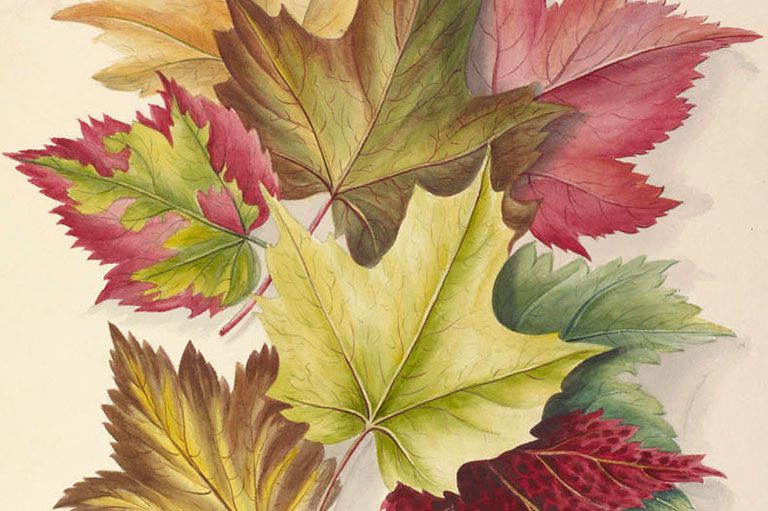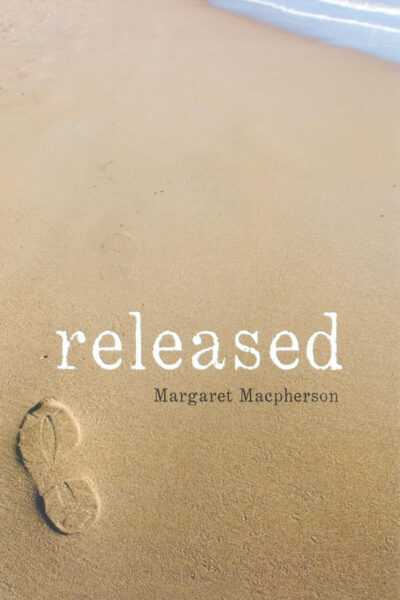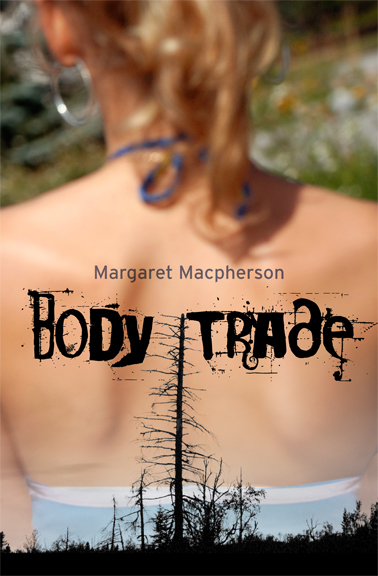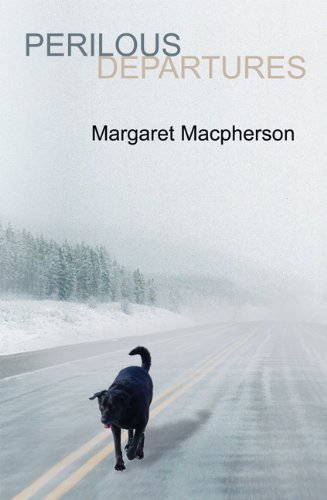
Today is the day after Thanksgiving here in Canada.
Thanksgiving is complicated. Many cultures have traditional harvest festivals, a time of plenty, a time of abundance. Thanksgiving in Canada is not as simple as a time to give thanks and revel in the fruits of your labour, it is tainted with the horror of colonialism.
Say the word genocide. It feels so terrible in my mouth. Yet I have started to understand it as Canada’s history. I don’t know a lot about my ancestors first encounter with people when they arrived in Canada, but I’m sure I have benefited from their actions towards Indigenous Canadians, and they are not actions I am proud of. Yes, it’s complicated. I can’t change what has happened, I can’t change the systematic racism that Indigenous peoples face daily, I don’t have enough money to do anything significant and sometimes I feel helpless. One voice. One puny white voice, who really has no right to speak.
There is one thing I know how to do, however, and that is write. When I see the crafts my grandniece brings home from Sunday school, a handprint decorated into a turkey, I think of all the children who didn’t get to go home because of residential schools, because of the 60s scoop, because of the current foster system. When my neighbour takes me to the farm his family has owned for generations, I think about that land, about who owns land, who was here before his family.
I know in some dark part of my heart that there are things I witnessed as a child that were wrong, and I want to bring attention to that wrongness. I know not enough of my friends and neighbours understand how powerful racism is and how entrenched it is. So, over time, and the travesty of memory, I wrote Tracking the Caribou Queen: Memoir of a Settler Girlhood.
The subtitle was challenging. The publisher insisted on the words Settler because bookstores need to know I’m white. And I am a settler. They insisted on the word memoir to alert readers to the fact that I’m speaking only to my own experience. And I try mightily to do just that. I insisted on the word Girlhood because one knows so little when they’re young and a child is so powerfully influenced by those around them,
I wrote a book about what I saw, what Yellowknife was like from the eyes of my childhood. I have changed some facts to hide identities, but the truth is still there. The horrific reality of racism is still there. My complicated childhood is on display for you to see beyond me and to see what it was really like. I humbly share my stories, so that you can see, as I have seen, the racist treatment of Indigenous people in Canada.
I hope you spend time this week thinking about the land you are on, and who it belongs to, and who was here first, and what you can do. I know I have a lot more work to do.


